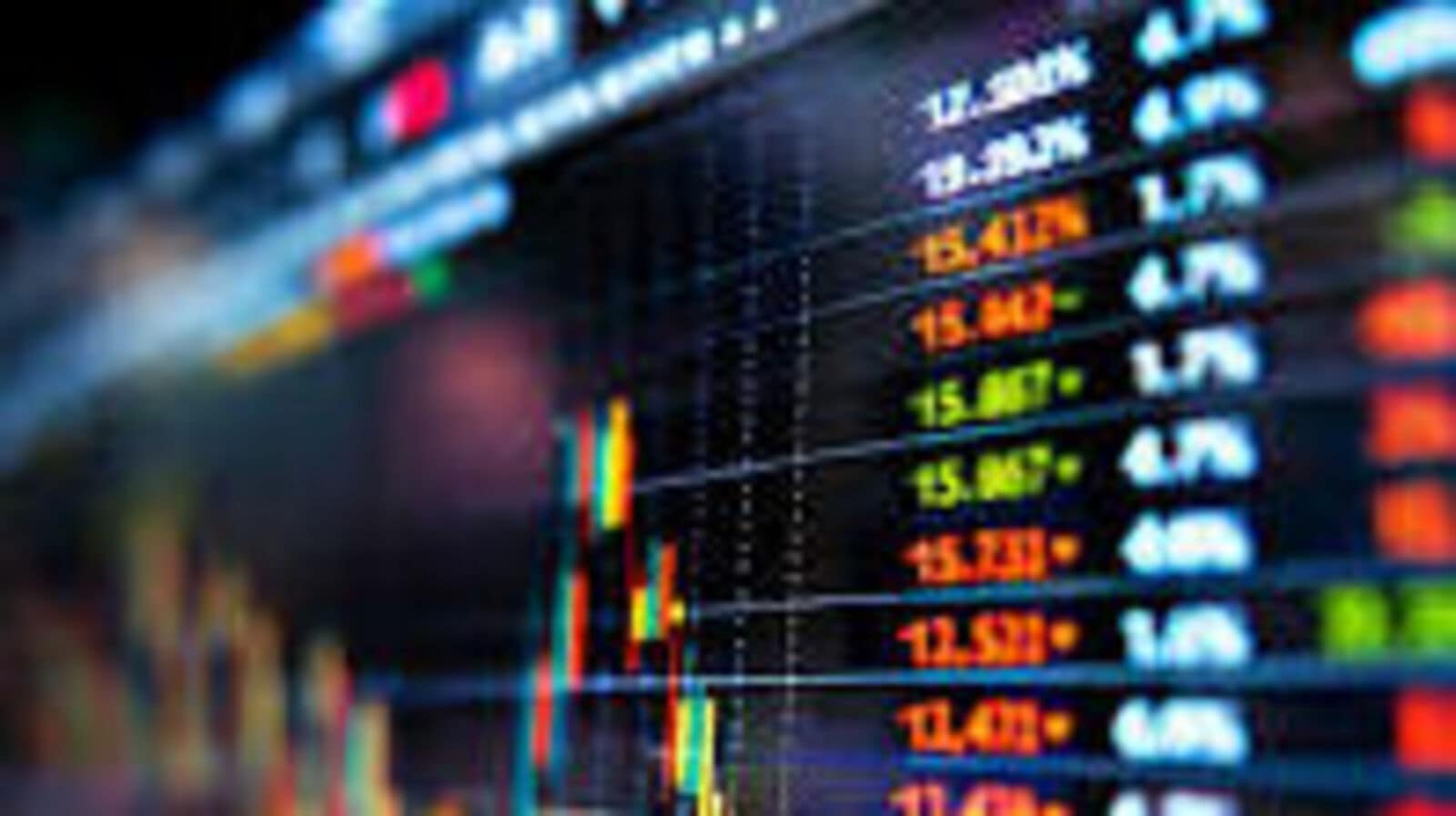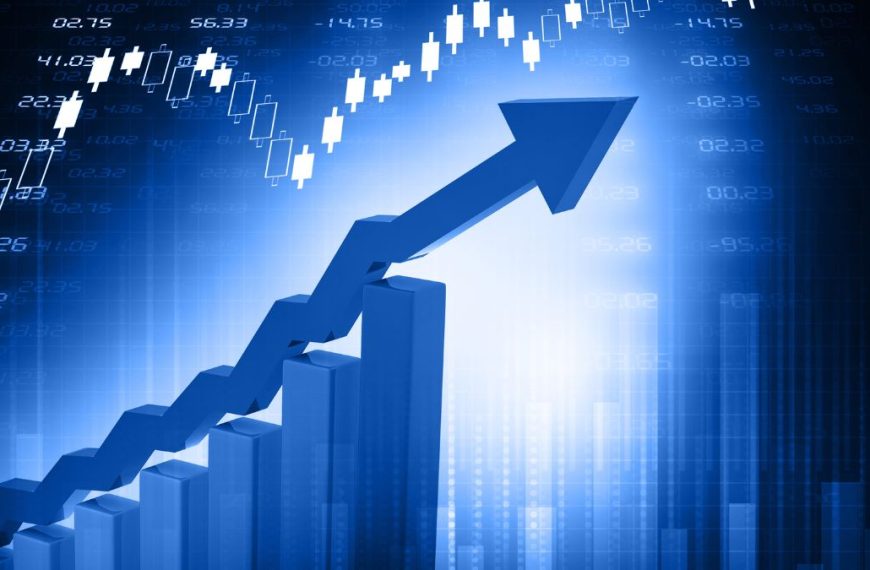British stock markets faced a notable decline on Wednesday, primarily influenced by significant losses in the pharmaceutical sector. As investors kept a watchful eye on escalating trade tensions between the U.S. and China, the FTSE 100 index dropped by 2.9%, following a strong performance just a day prior. The midcap FTSE 250 also experienced a downturn, finishing down 2.5%.
Trade Tensions Impacting Markets
The atmosphere of uncertainty grew as China responded to U.S. tariffs with a substantial increase to 84% on certain imports, a sharp rise from a previous 34%. This retaliation follows the announcement of an eye-watering 104% tariff on goods from Beijing by the U.S. administration, raising concerns of a potential trade war.
- Pharmaceutical stocks suffered the most, plummeting by 6.1%, with major players like AstraZeneca and GSK seeing declines of 6.8% and 5.7%, respectively.
- Concerns were heightened by U.S. President Donald Trump hinting at new tariffs on pharmaceutical imports, further exacerbating the sector’s woes.
Broader Market Reactions
The ripple effects of these tariffs were felt beyond pharmaceuticals, with all major sectors recording losses. The Bank of England has cautioned that the UK is particularly susceptible to these global economic fluctuations, especially given its reliance on an expansive financial sector.
- Utilities, often considered a safer investment, fell by 2.2%.
- Energy stocks saw a dramatic drop of 4.8%, alongside a steep decline in oil prices, which fell as much as 7% before making a modest recovery.
On a more positive note, JD Sports emerged as a standout performer, witnessing an impressive 9.5% increase in shares. This surge followed the retailer’s optimistic forecast for annual profitability, even amidst the current market volatility.
Additional Market Highlights
- Assura, a healthcare real estate investment trust, was another bright spot, climbing 5.1% after a consortium led by KKR and Stonepeak announced plans to acquire the company for £1.61 billion.
- The British 30-year gilt yields surged to their highest levels since May 1998, reflecting further sell-offs in government bonds, traditionally seen as safe havens during economic uncertainty.
As the situation continues to evolve, traders and investors alike remain cautious, closely monitoring developments in U.S.-China relations and their implications for the global economy.











